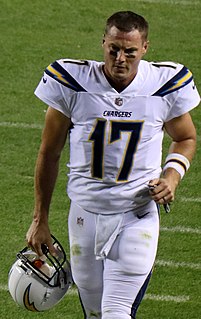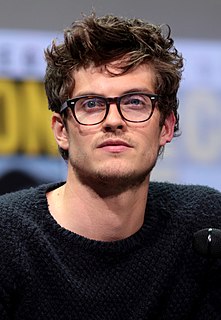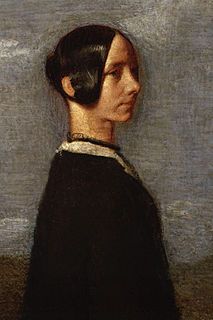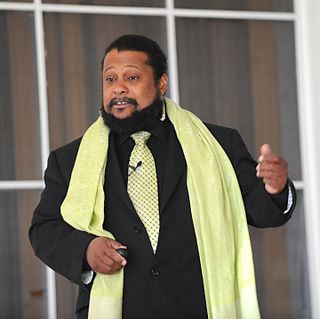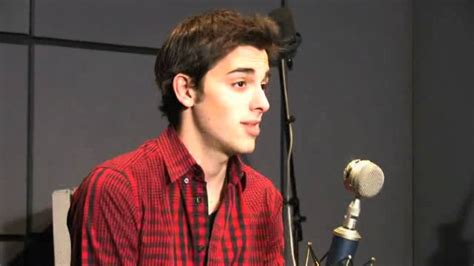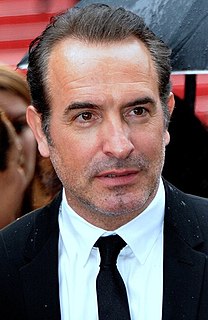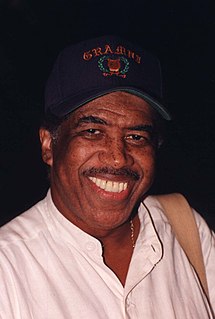A Quote by Philip Rivers
If you knew what you were doing, that it would hinder you, you wouldn't do it.
Related Quotes
When I was in high school in the early 1970s, we knew we were running out of oil; we knew that easy sources were being capped; we knew that diversifying would be much better; we knew that there were terrible dictators and horrible governments that we were enriching who hated us. We knew all that and we did really nothing.
This is a universal, unique movie, it has potential to cross barriers. But we never thought about that on set, when we were doing the film. We knew that in making a silent movie, we were doing something a little bit under the wire, a bit interdit. It's a pastiche, but for the French taste, you would have thought.
I would imagine after the first recording session with Jerry Leiber and Mike Stoller and Atlantic Records I began to realize that this is going to be like this for the rest of my life and I knew that what, what they were doing was going to be successful because with each session that we would do, it would get better and better and better, the songs would become better, the, ah, the feeling of success was there and we were all in the middle of that as well.
He knew that we gave constant lip service to the dictates of safety and howled like Christians condemned to the arena if any compromise were made of it. He knew we were seekers after ease, suspicious, egotistic, and stubborn to a fault. He also knew that none of us would have continued our careers unless we had always been, and still were, helpless before this opportunity to take a chance.
